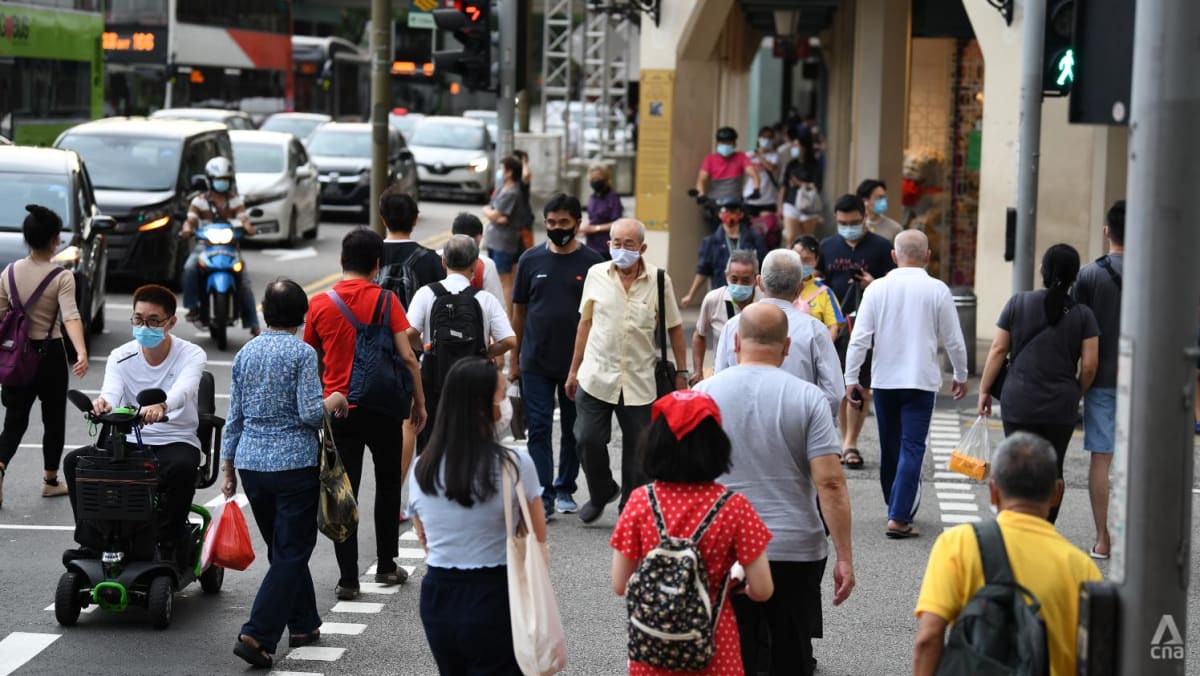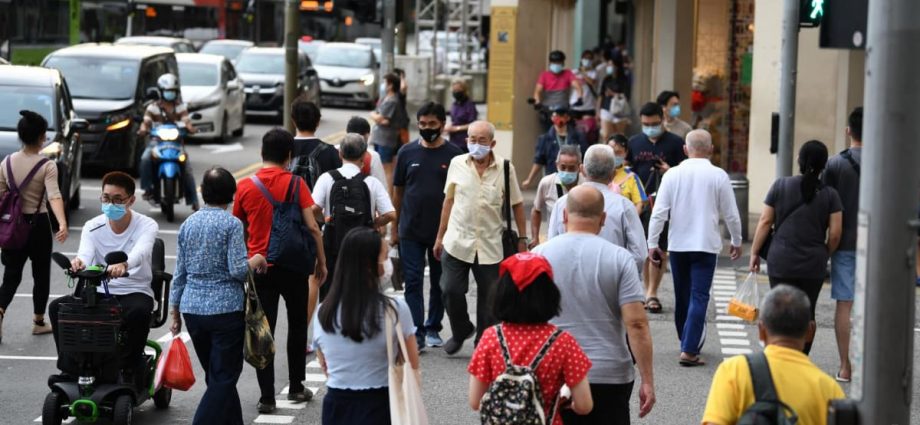
SINGAPORE: Singapore’s core inflation rose further to 5.3 per cent in September, driven mainly by larger increases in the prices of food, services and retail and other goods, official data showed on Tuesday (Oct 25).
This is higher than the 5.1 per cent in August as the inflation figure inches towards a 14-year high.
The last time Singapore reported higher year-on-year core inflation growth was in November 2008, when it stood at 5.5 per cent.
Core inflation excludes accommodation and private transport costs.
The headline consumer price index, or overall inflation, was 7.5 per cent year-on-year in September, unchanged from August.
“Core inflation is projected to stay elevated in the next few quarters before slowing more discernibly in (the second half of) 2023 as the current tightness in the domestic labour market eases and global inflation moderates,” said the Monetary Authority of Singapore (MAS) and the Ministry of Trade and Industry (MTI) in a joint media release.
Food inflation came in higher due to steeper increases in the prices of both food services and non-cooked food, hitting 6.9 per cent in September.
Accommodation inflation also picked up alongside a faster pace of increase in housing rents, hitting 4.9 per cent in September.
Services inflation rose to 4 per cent in September as the cost of point-to-point transport services and holiday expenses saw a larger increase.
Private transport inflation fell to 22.3 per cent from 24.1 per cent in August due to a slower pace of increase in car and petrol prices.
Prices of retail and other goods also registered a faster pace of increase, coming in at 3.1 per cent in September, as inflation for telecommunication equipment, medicines and health products and other personal care products edged up.
Meanwhile, inflation for electricity and gas remained at 23.9 per cent, unchanged from August.
For the full year, overall inflation is expected to average 6 per cent, while MAS core inflation is projected to come in at around 4 per cent.
In 2023, taking into account all factors including the Goods and Services Tax (GST) increase, headline and core inflation are projected to average 5.5 per cent to 6.5 per cent and 3.5 per cent to 4.5 per cent respectively, said the authorities.
Excluding the transitory effects of the GST hike, headline and core inflation are expected to come in at 4.5 per cent to 5.5 per cent and 2.5 per cent to 3.5 per cent respectively.
MAS and MTI also noted increasing risks to the inflation outlook, “including from fresh shocks to global commodity prices and more persistent-than-expected external inflation”.

